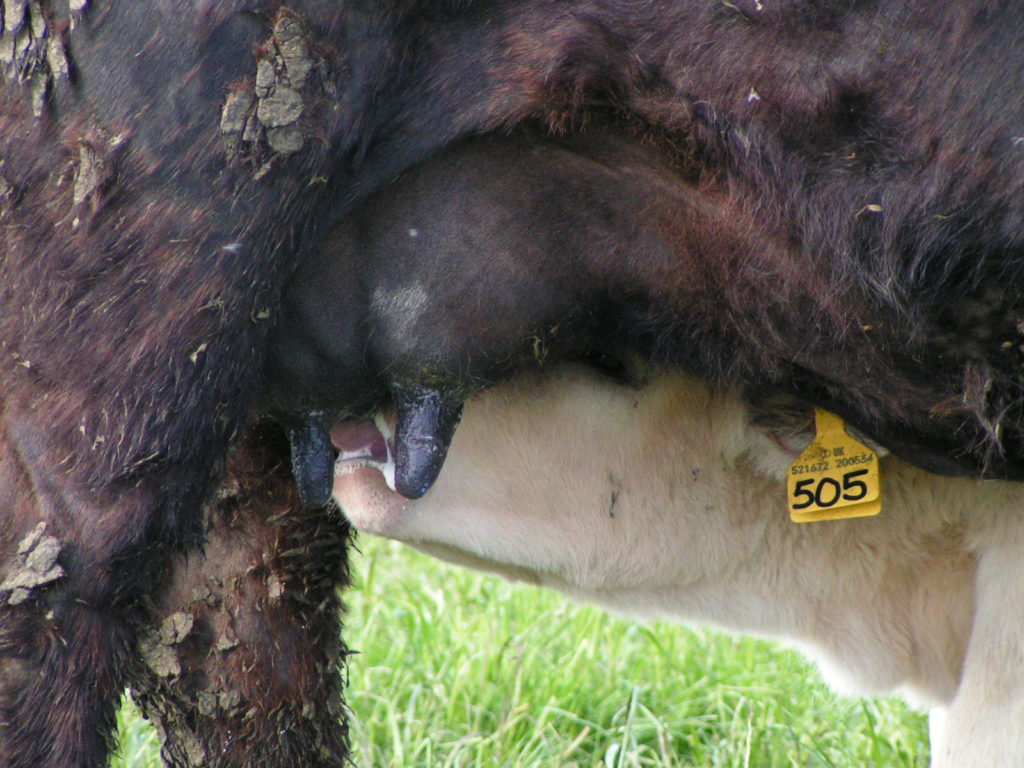Summer Mastitis In Suckler Herds
8 July 2021The summer weather may be unpredictable, but summer mastitis is not, with the highest prevalence between July to September when fly numbers are at their peak. Suckler farmers should now be on the lookout for flies and be vigilant. The basics of the disease are simple – occurring in the warm summer months and spread by the sheep head fly affecting dry cows and heifers (maiden and in-calf).
Prevention
Prevention is better than cure as very few affected quarters will recover. To minimise the risk of summer mastitis affecting your herd it is important to;
- Avoid grazing fields with large fly populations – fields with tree cover and water.
- Implement a fly control programme – there are several products available for fly control including pour-ons and impregnated ear tags. Further information regarding flies and control can be found here.
- Dry cow therapy including teat sealants can be used to reduce the number of cases, although hygiene at administration is imperative.
- Consider providing garlic through mineral supplements to help repel flies.
- Discuss with your veterinary surgeon which methods would be appropriate for your herd.
- The disease is often farm specific affecting the same fields on holdings each year. Fields sheltered with trees, with areas of bushes and near water courses provide flies with an environment of favourable conditions increasing the risk of them becoming nuisance.
What To Look Out For
Prompt identification and treatment of cases is important and signs to look out for include:
- Animals standing away from the herd often lame and looking dull
- Teats are swollen usually with many flies around the udder/teats
- Udder/affected quarter will feel hot to the touch
- Whole udder is swollen (as disease progresses) and hard, producing a thick yellow discharge which is foul smelling. Often this secretion is tinged with blood
The severity of the disease varies from mild cases causing animals to have a blind quarter (commonly found when heifers calve) to more severe cases where the whole udder is affected and may have burst spreading the infection.
Treatment
Animal’s suffering from mastitis will require anti-inflammatories and antibiotics. Anti-inflammatories are necessary to reduce swelling and reduce the cow’s temperature therefore alleviating discomfort. Antibiotics are equally important, to fight the infection.
Think of mastitis as if dealing with an abscess. It’s important to remove as much as possible of the infected material by stripping out the infected quarter as often as is practical.
If cases do occur, discuss treatment options with your vet and again discuss what could be done differently next year to prevent them in future.
Sarah Balfour sarah.balfour@sac.co.uk
Sign up to the FAS newsletter
Receive updates on news, events and publications from Scotland’s Farm Advisory Service

